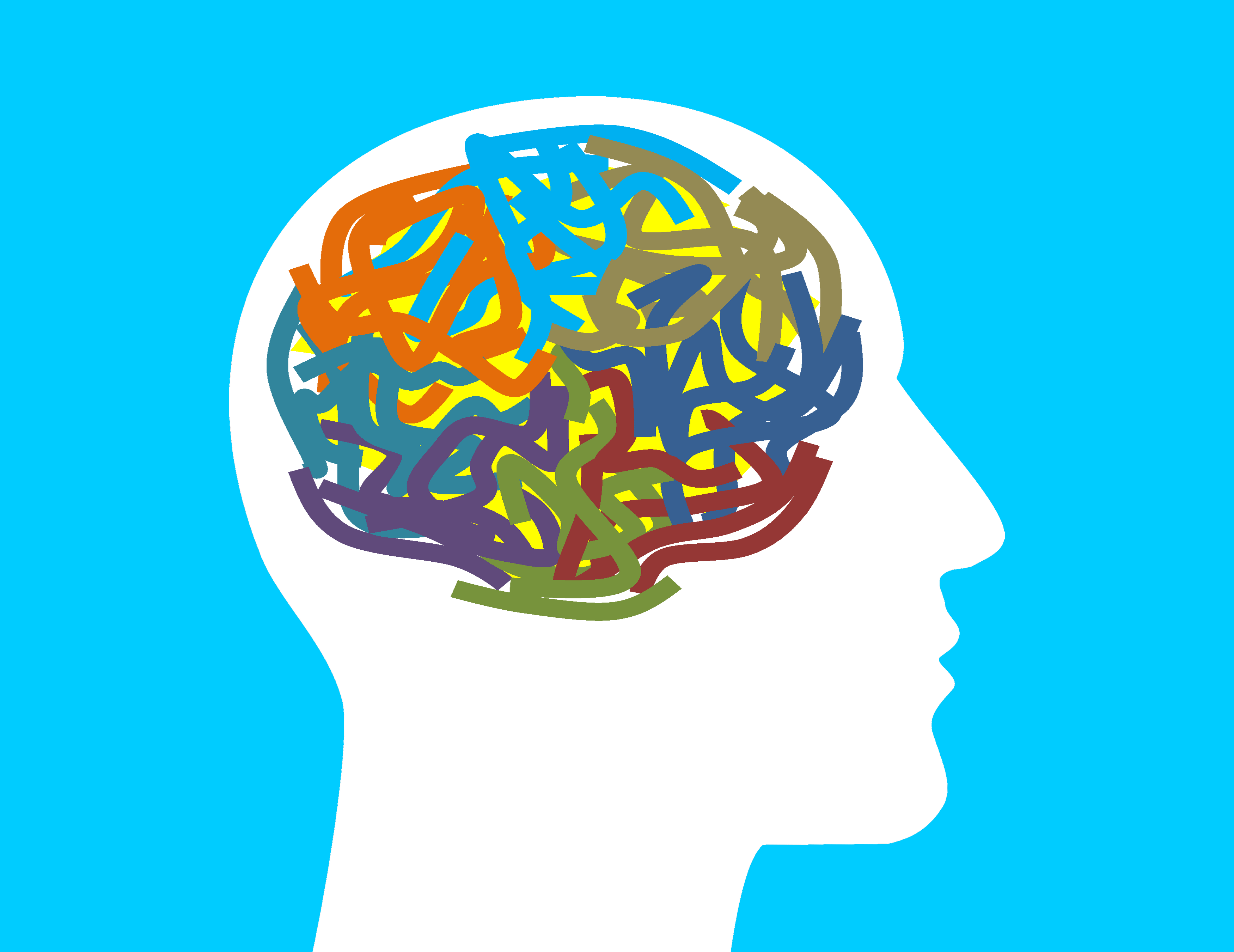
By Annie Keller
Published September 19, 2020
It’s estimated that 450 million people have some sort of mental health issue. Since normal visits to mental health providers have been cut down or eliminated in the wake of the pandemic, various technologies have been implemented to help.
Virtual mental health visits (or “telemental health”) are one way of doing so, and the number of visits have soared. People are using telemental health visits to deal with existing issues as well as new issues resulting from the pandemic. For example, some people are using the services because of issues with social isolation during quarantine.
Prompt diagnosis of mental health issues is important, because effective treatment cannot begin without a diagnosis, but technology can help. Most mental health problems are diagnosed on the basis of symptoms, and it can be difficult to distinguish between one condition and another. New technology involving MRI may be a solution. Researchers at the University of Tokyo developed an algorithm that could sort through MRI images of patients with different mental health conditions and distinguish between them based on subtle changes in the brain present in one condition but not in the other. The diagnosis from the scans matched the diagnosis given to the patient 85 % of the time.
Stress is a common problem and one that can lead to a variety of later mental health issues. A mental health app called “Rose” is attempting to reduce those problems. The app uses questionnaires and journal entries to collect data that can be used to monitor stress levels, identify triggers of stress, and track other measures of well-being. When a problem is noted, the app gives its user content that is tailored to help their well-being, including video content and more. .
These new technologies are just a few examples of innovation in healthcare, specifically for dealing with mental health problems remotely during a global health crisis like coronavirus disease (COVID-19).

 Previous Post
Previous Post Next Post
Next Post